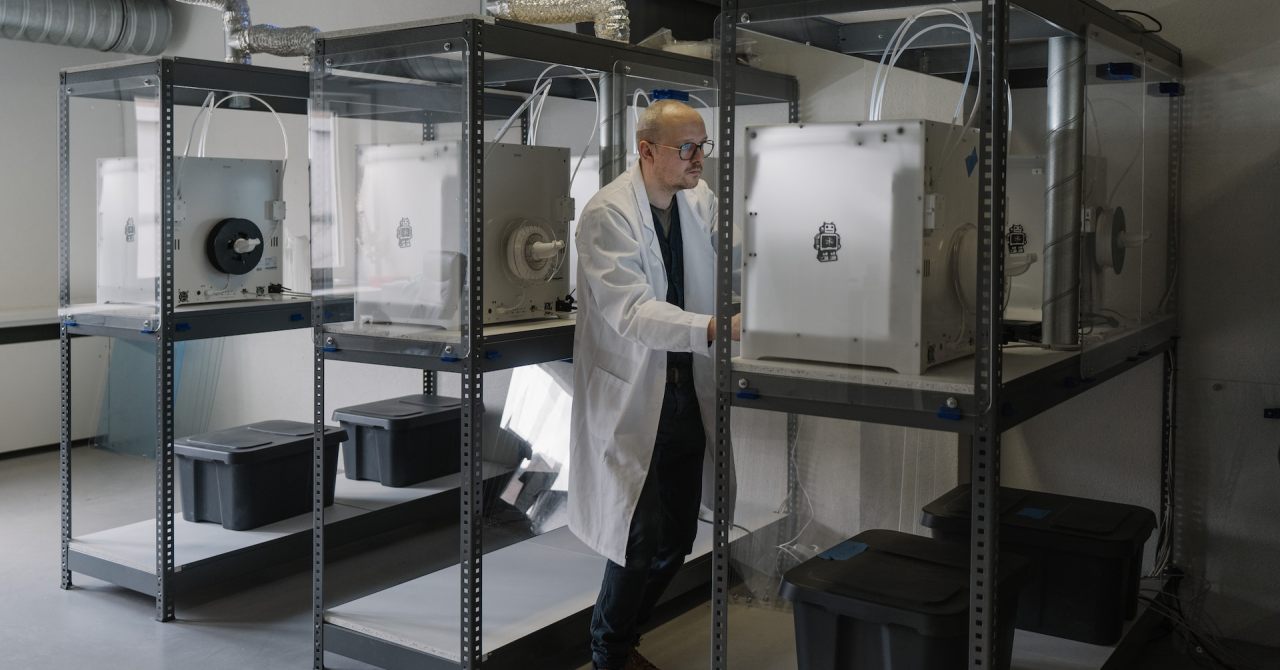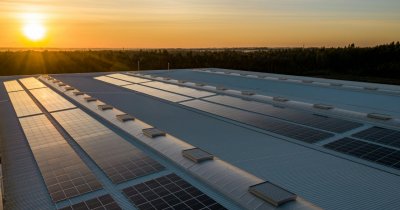Electrive writes that the process would also enable a lower cost of EVs of around a few hundreds of euros per vehicle. This way, the German carmaker wants to move the production of the cells themselves into its own facilities.
Proven reliable in the internal production tests, the dry coating manufacturing process has been researched with partners since 2020 and Volkswagen plans to apply it to millions of cells by 2027. Battery dry coating is a relatively new concept in the field, the traditional production method being carried out with the help of wet chemicals, which need to be dried out after production.
As expected, a completely dry production process implies a less complicated process and enables energy saving, as well.
Back in 2021, Volkswagen officials said that the dry-manufacturing of batteries would allow a reduction in the production space of around 40% and also an improvement in recycling potential and CO2 emissions output.
Dry-coating battery manufacturing could enter large scale implementation at Volkswagen sometime in the second half of this decade.
 Mihai - Cristian Ioniță
Mihai - Cristian Ioniță












Any thoughts?